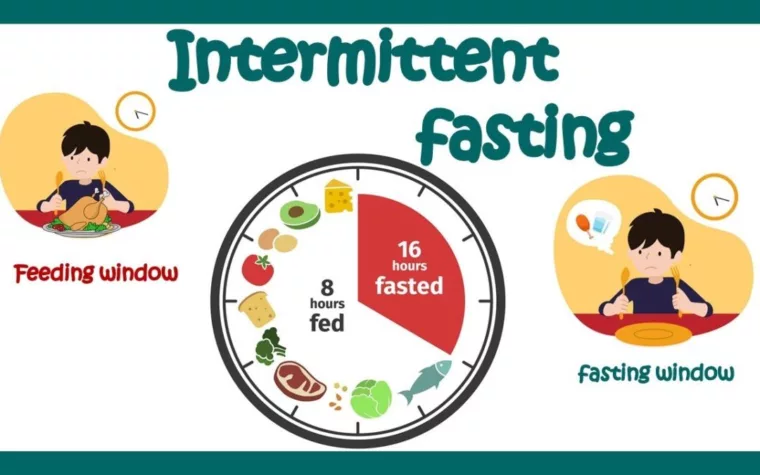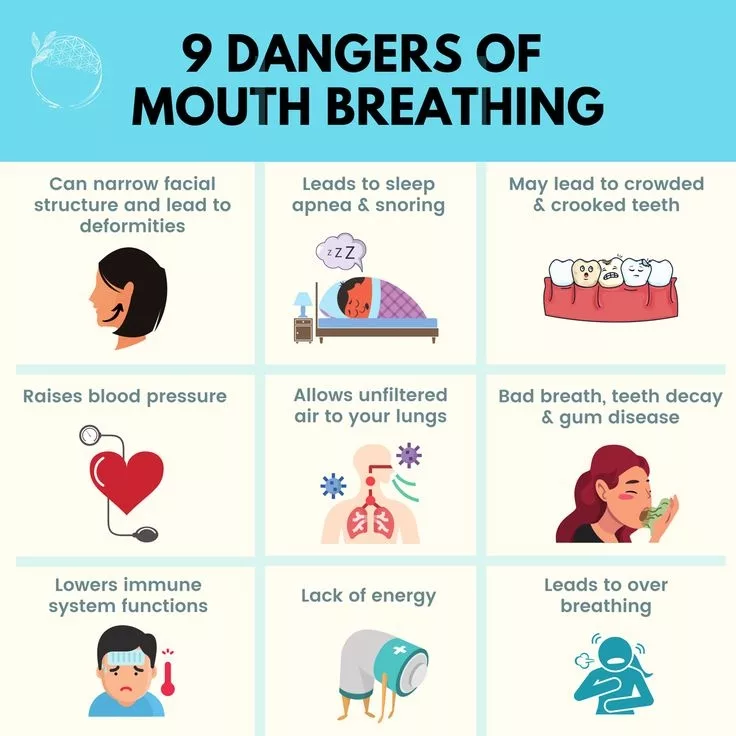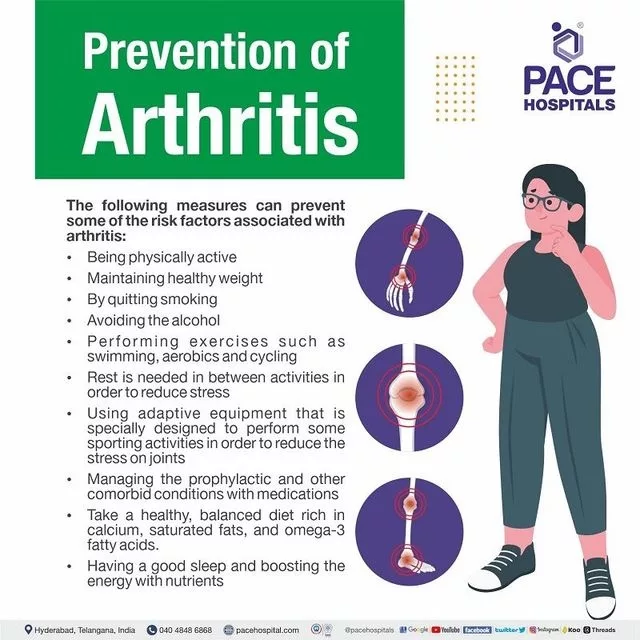Intermittent Fasting: Just a Simple Diet Method or a Choice for a Healthier Life?
Hello! I’ve decided to write this article because I wanted to learn more about intermittent fasting. What exactly is intermittent fasting? And have you been wondering if it’s merely a diet method or a choice for a healthier life? Let’s find out together!

- What is Intermittent Fasting?
Intermittent fasting has become a popular dietary pattern recently. It involves restricting food intake or fasting for certain periods. Typically, it includes skipping meals for several days a week, and during these fasting periods, only beverages like water, tea, and coffee are usually consumed. Intermittent fasting is chosen not just for dieting purposes but also for health improvement.
- The History and Cultural Background of Intermittent Fasting
Intermittent fasting is a practice that dates back to ancient times. Throughout history, various religions and cultures have practiced fasting for religious meanings or purification. Additionally, during periods of extreme food scarcity in human history, intermittent food consumption became a norm for survival. Due to its historical and cultural significance, intermittent fasting continues to be practiced by many today.
- Introduction to Various Intermittent Fasting Methods
There are several methods of intermittent fasting. A common method is the “16:8” approach, which involves fasting for 16 hours a day and eating during the remaining 8 hours. Another method, the “5:2” approach, involves eating normally for 5 days of the week and restricting meals on the other 2 days. There are also various modified methods of intermittent fasting that can be chosen based on individual goals and adaptability.

- Potential Health Benefits of Intermittent Fasting
Intermittent fasting can offer various health benefits beyond dieting. For instance, it can aid in weight loss and help control blood sugar levels. It may also improve insulin sensitivity and reduce inflammation. Other potential health benefits include enhanced immune function, improved cognitive function, and better heart health.
- The Impact of Intermittent Fasting on Weight Management
Intermittent fasting can greatly assist in weight management. As food intake is restricted during fasting periods, calorie consumption decreases, leading to weight loss. Moreover, intermittent fasting can help control appetite, prevent overeating, and promote dietary diversity. However, maintaining long-term weight loss can be challenging, so it’s important to balance it with healthy eating habits and exercise.
- Intermittent Fasting and Chronic Disease Prevention
Intermittent fasting can also aid in preventing chronic diseases. Some studies suggest that it can improve insulin resistance and help regulate blood pressure. It may also lower cholesterol levels, reducing the risk of cardiovascular diseases. Nonetheless, intermittent fasting is not a perfect solution for disease prevention and should be adapted to individual health conditions and consulted with a doctor.

- Potential Risks and Side Effects of Intermittent Fasting
While intermittent fasting can offer health benefits, it also has potential risks and side effects. Some people may experience mood swings or reduced concentration during fasting. Skipping meals can also lead to nutritional deficiencies. Moreover, intermittent fasting might not be recommended for individuals with eating disorders. Therefore, it’s essential to practice it in a way that suits one’s health status and goals.
- Practical Advice for Successful Intermittent Fasting
To successfully practice intermittent fasting, several practical tips can be followed. First, maintaining adequate hydration during fasting is crucial. Second, starting slowly and allowing the body to adapt by gradually extending fasting periods is beneficial. Third, choosing nutritionally rich foods during eating periods is important. Fourth, maintaining dietary diversity and nutritional balance is essential for health.

- Scientific Research on Intermittent Fasting
Intermittent fasting has been the subject of numerous scientific studies. These studies have shown that it can have effects like weight loss, improved blood sugar control, and enhanced insulin sensitivity. Positive impacts on immune enhancement, inflammation reduction, and cognitive function improvement have also been reported. However, more research and long-term observation are needed, and practices should be adapted to individual health conditions and goals.
- Considerations Before Starting Intermittent Fasting
Before starting intermittent fasting, several considerations are necessary. Firstly, selecting a method that suits one’s health status and goals is important. Secondly, adjusting the schedule and method to fit dietary habits and lifestyle is crucial. Thirdly, intermittent fasting is not a long-term weight loss solution, so balancing it with proper diet and exercise is necessary. Lastly, consulting with a doctor before starting and monitoring one’s physical and mental state is essential.

Intermittent fasting may simply be a dieting method, but it can also be a choice for a healthier life. However, it should be practiced in an appropriate manner depending on an individual’s health condition and goals, and it is important to proceed with ample consultation with a doctor. Since intermittent fasting involves restricting or abstaining from food intake for a short period, proper adjustment and management are necessary so as not to strain the body and mind. How about starting a journey towards health and well-being through intermittent fasting?





